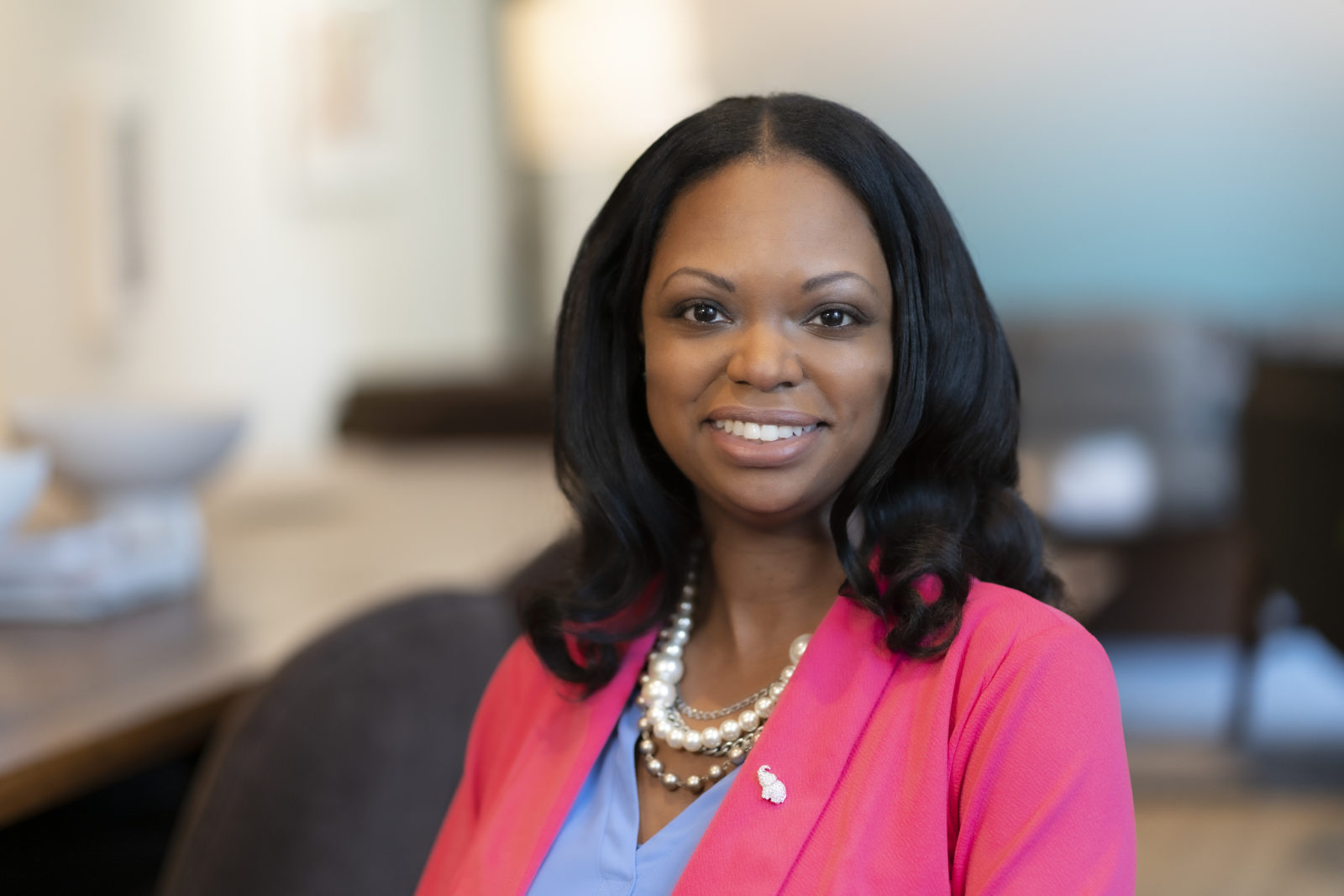Brief • 3 min Read

- 1 in 5 employees of color feel like their first name is a professional liability
- One-third say they have had a negative experience at work because of their name, including discrimination, harassment, and/or isolation
Names are one of the first – and most often THE first – aspects that you learn about someone. And there are a variety of reasons that people have the name that they do, from paying homage to a relative or one’s cultural heritage, to the popularity of a name, to wanting to be unique. In honor of Celebrate Your Name Week, celebrated during the first full week of March (this year from March 3rd to 9th), The Harris Poll conducted a survey1 to explore Americans’ feelings toward their name, how they are treated because of their name, the negative impact it can have in the workplace, and changes they’ve made to “fit in”. The results were both surprising and distressing.
The overwhelming majority of US adults (88%) agree that the willingness to learn how to pronounce a “difficult” name helps the other person feel welcome and seen. However, many admit to their own shortcomings when it comes to dealing with names they can’t pronounce:
- More than 1 in 3 US adults (35%) say they get anxious when they see a name they can’t pronounce
- Nearly 1 in 4 (23%) have avoided someone because they couldn’t say their name
- Close to 1 in 5 (19%) have judged people by their name
This reported apprehension and discomfort has grave implications, especially for minorities, given that minorities are twice as likely as white Americans (20% vs. 9%) to say people mispronounce or misspell their name “all of the time”. For workers who have had their name misspelled or mispronounced, about half (49%) say when that happens, they most commonly feel unimportant, frustrated, disrespected, and/or insulted. While this error can be seen as a minor inconvenience or unwanted annoyance for some, for others – especially minorities – it can equate to setbacks in their career. In fact, workers of color (13%) are more than three times as likely as white workers (4%) to say they’ve been told to alter their name in order to have an easier time finding a job. Compounding this, around 2 in 5 US adults agree job candidates with “foreign” names are not as likely to be called back for an interview as candidates with Westernized names (42%) and agree people’s names can slow down their professional advancement at work (40%). This aligns with other research as well:
- According to research by the Australian National University published in the Oxford Bulletin of Economics and Statistics, jobseekers with Anglo-Saxon, easy to pronounce and common names are the most likely to get to the interview stage compared to candidates with unfamiliar names.
- In another study reported by The Atlantic, white-sounding names like Emily Walsh and Greg Baker received nearly 50% more callbacks than candidates with Black-sounding names like Lakisha Washington and Jamal Jones.
- In a New York University study, researchers found that people with easier-to-pronounce names often have higher-status positions at work.
Not only does name bias impact a candidate’s ability to get recruited, interviewed, and/or hired, but it impacts them while they are on the job as well, especially their mental health and self-esteem. One in 3 workers of color (33%) – more than twice as high as white workers (15%) – say they have had a negative experience at work because of their name, including teasing, discrimination, harassment, and/or isolation – with the highest numbers among Hispanic workers (41%). In addition to this, workers of color who have changed their name at work are 1.5 times more likely than white workers to say that using the name they were given at birth would impact them negatively in some way at work (53% vs. 33%), with many saying that people would assume they didn’t know how to speak English or know American culture well enough.
With fear of backlash in the workplace due to name bias so evident, it isn’t hard to wonder why 63% of US adults – including 73% of Asians – say it is understandable if people change their names to be more accepted by others at work. In fact, more than 1 in 5 employees of color (22%) feel like their first name is a professional liability. Specifically, more than half of employees of color (56%) say they have changed the name they use at work to make it easier for other people to say or spell, including using a nickname, shortening it, anglicizing it, or adopting a completely new name.
While workers themselves feel like they have to conform to this “standard” in order to prevent bias and discrimination, everyone should feel like they can bring their authentic selves – including their name – to work. In a time where authenticity is championed, feeling like you have to mask your true identity leaves workers of color in a sticky situation. While some common names have come with more baggage recently (e.g., Karen, Chad, Becky), these names may still have a better chance of getting hired than more unique names. And, as many companies continue to “quietly” adjust DEI efforts in the workplace, it leaves the door wide open for name bias in everything from hiring to advancement. Part of the mission of DEI is to create safer, inclusive workplaces for people of all identities – especially since historically (and currently) disadvantaged groups have not always had the same opportunities for employment.
This research suggests that names can be a double-edged sword for many, being both highly important to a person’s identity but also a career hurdle. With that, here are some ways to practice cultural sensitivity and respect someone’s name in the workplace:
- When hiring, make it a priority to recruit on a “name-blind basis” by removing the names of candidates from their applications forms.
- Use the name that is shared when meeting someone for the first time. Don’t create your own nickname for someone without their consent. Although 65% of US adults say it is ok to come up with a nickname that is easier to say for someone whose name is hard to pronounce, the person on the receiving end may not be comfortable with it. For example, not everyone named William welcomes the nickname “Billy”.
- In written communications, double-check recipients’ email signatures/email address to make sure you are spelling the person’s name accurately in the greeting.
- In verbal communications, if you don’t remember how someone’s name is pronounced, ASK.
- Leverage assistive technology that includes the pronunciation of a person’s name.
- Encourage team members to share the pronunciation of their name in their email signatures.
Subscribe for more Insights
Subscribe to our newsletter for the latest trends in business, politics, culture, and more.
Related Content









